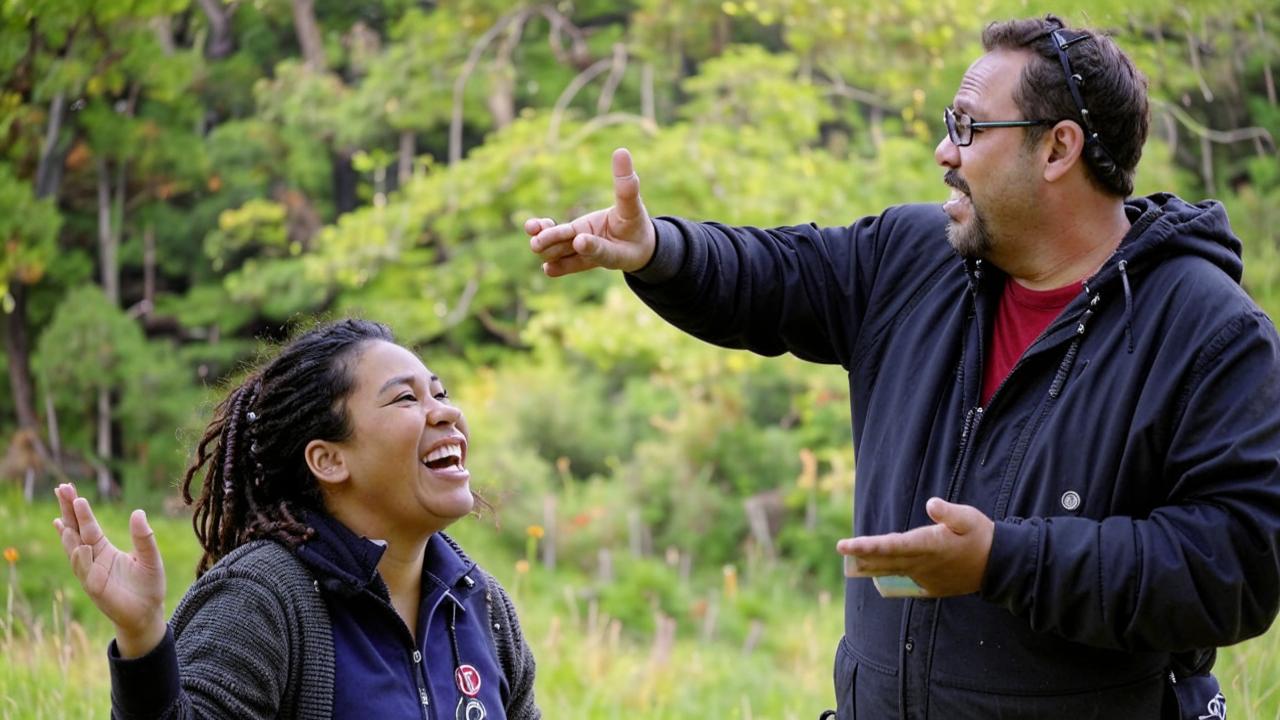It can be very difficult to say “no” to a person, especially if that person is your friend or relative. And there are times when you don’t even want to say no to a person who is not very close to you. And why? Because we do not want to enter into endless disputes and conflicts.
We are afraid to disappoint, destroy the relationship, but we forget about the boundaries of personal comfort, which we allow ourselves to violate. Together with experts understand how to say “no” and at the same time do not offend anyone.
Set personal boundaries
It is necessary to let the interlocutor know in advance that you are not ready to go against your own will and that your freedom of choice should be respected, as you respect it. It is important to speak calmly, without raising your voice, thus making it clear that you are firm in your intention, that you will not be moved from this “point”.

In an escalating conflict situation, you cannot give in to pressure, otherwise you can be easily taken advantage of or forced to do something you do not want to do. By repeatedly insisting on your own way, you will make an opinion of yourself as a person who knows what he wants.
Model the behavior

transformational psychologist
The first thing you need to know in order not to run into conflict is to be in a position of “on equal footing” with the interlocutor and remember that you have the right not to want, and you also have the right to talk about your desires, especially when you are asked.
A good way to learn to say no is to model the behavior of others who are good at it. You can adopt a model of behavior from someone you know well, or from a public persona, or even from a literary character. One vivid example is Professor Preobrazhensky and his unquestioning “I don’t want to” from Mikhail Afanasyevich Bulgakov’s story “Dog’s Heart”:
– I suggest you take some magazines for the benefit of the children of Germany – At fifty dollars apiece….
– No, I won’t take them.
– But why do you refuse?
– I don’t want to.
– Don’t you sympathize with the children of Germany?
– I do.
– Oh, you don’t want 50 bucks?
– No.
– Then why?
– I don’t want to…
M. A. Bulgakov, “Dog’s Heart.”
Remember, you have the right to say “no” and not to explain “why”. If a person seems not to hear you, it would not hurt to repeat your answer. It may seem strange, but it really works, the key is to demonstrate resilience.
It is important to recognize and notice your self in front of other people. Setting and protecting personal boundaries will help us in this. Together with psychologists we have compiled a few rules that will help to protect your boundaries and not fight with the interlocutor.
There are times when a person does not understand the first time, here it is very important to be patient, and if necessary – to repeat your position repeatedly.
Explain or offer an alternative
The first thing you need to do is to listen carefully to the person, to understand what they want and why. If this or that format of interaction does not suit you, you need to explain it clearly to the person or offer an alternative, someone who will do it for you.

psychologist, founder of Integral Space Academy, Mindfulness teacher
There are quite a few models of behavior in this situation. In general, it is extremely important to let the person speak to understand their motivation, this is a universal method. After listening to the person, you can start a constructive dialog.
Don’t be afraid to reschedule the conversation
If a person is strongly affected by what is happening and becomes emotional, you can offer to postpone the conversation to another time, and it is desirable to designate this time as specifically as possible, so that the person has an understanding of internal “deadlines”. By this time, emotional reactions are likely to be less vivid and it will be easier to agree.
Don’t feed aggression
The most important thing is to build a healthy dialog, do not move to emotions, in no case insult the interlocutor. If a person starts to openly conflict with you, it is very important not to feed this aggression, not to give an emotional reaction. It is necessary to maintain internal stability and, if possible, to distance yourself gently.
The interlocutor can and should be asked about what he feels, why the refusal hurts him so much. In this way you can come to a mutual compromise or at least to understand each other.
At the link below we have collected a few more things that prevent many of us from being happy.






